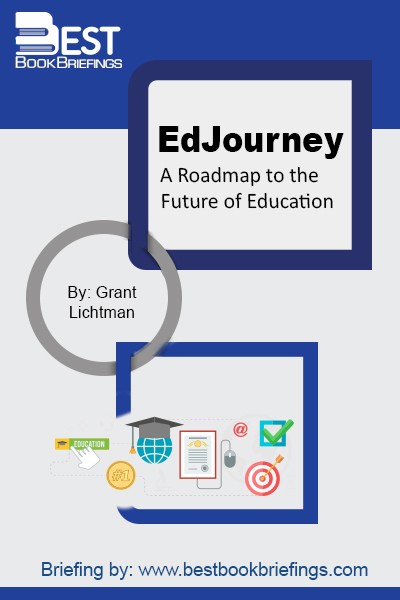EdJourney
A Roadmap to the Future of Education
Editorial Review
Today, most thoughtful educators agree that the industrial age model of content-driven education no longer serves our students. The goal of education has changed from the transfer of knowledge to the inculcation of wisdom, born of experience, which will help students to succeed in an increasingly ambiguous future. Schools must either radically change what they do or very quickly become utterly irrelevant. Simply, in order to not only survive but thrive, schools must develop comfort with, and capacity for, ongoing change.
Book Reviews
Books on Related Topics
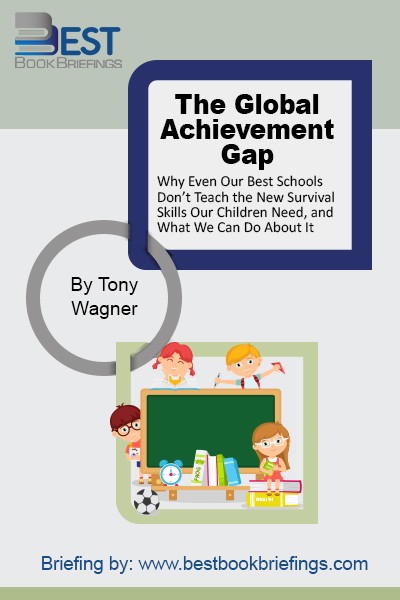
Education expert Tony Wagner has conducted scores of interviews with business leaders and observed hundreds of classes in some of the nation’s most highly regarded public schools. He discovered a profound disconnect between what potential employers are looking for in young people today (critical thinking skills, creativity, and effective communication) and
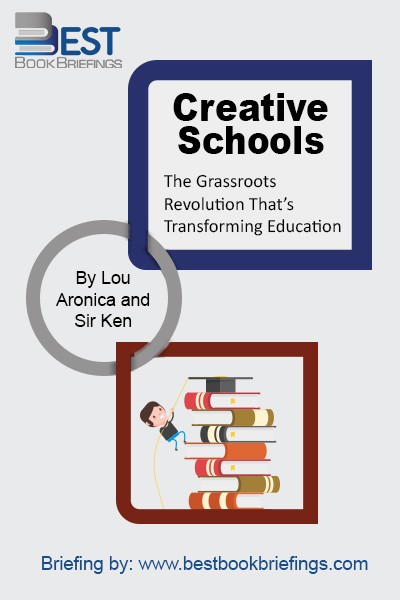
Learning is the process of acquiring new knowledge and skills. Education means organized programs of learning. Training is a type of education that’s focused on learning specific skills. By schools, we don’t mean only the conventional facilities that we are used to for children and teenagers. We mean any community of
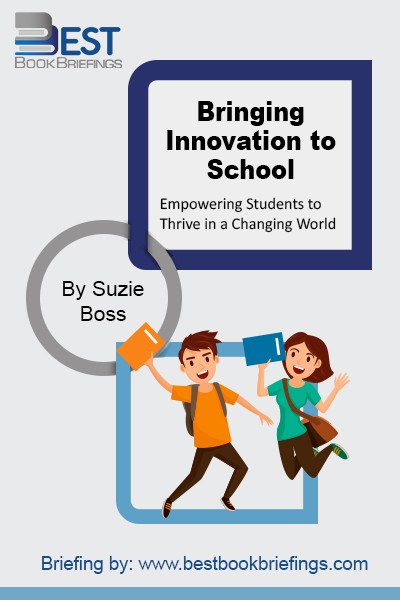
The first step in teaching students to innovate is making sure that educators have opportunities to be innovators themselves. Although some teachers attempt this hard work alone, the culture of a school or district can set the stage for innovation to flourish or flounder. The right conditions include a shared vision
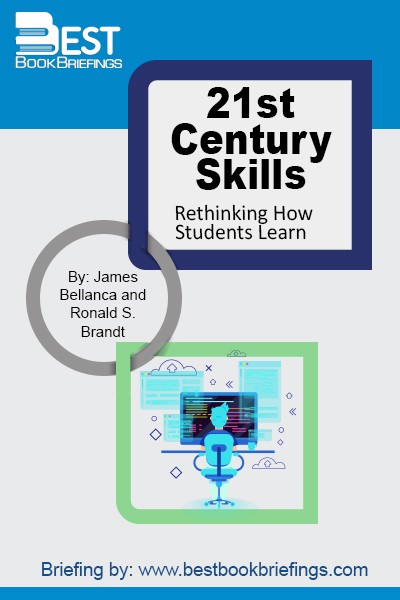
No generation can escape the responsibility of deciding what students should learn by analyzing what adults are called upon to do. In the old days, people were taught to do simple calculations, write letters, and read. As farming grew in complexity, schools in rural areas began teaching vocational agriculture. With the

